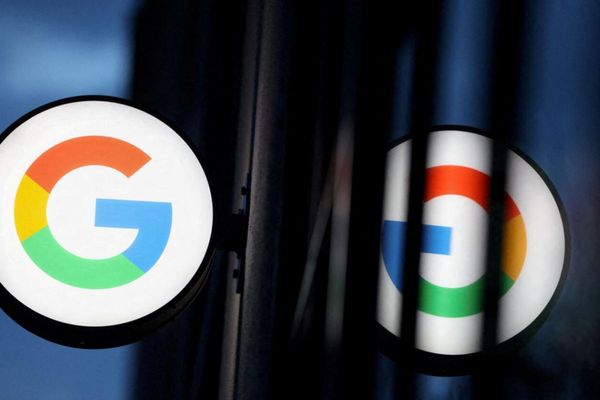Google is targeting competitors like Grammarly with a newly added feature to its Search platform. This feature now incorporates a grammar checker capable of analyzing sentence or phrase structures and providing suggestions if something appears amiss.
Utilizing phrases such as "grammar check," "check grammar," or "grammar checker" will activate the tool. Nonetheless, the grammar suggestions might still appear even without including these phrases in your query.
When an error is detected, including spelling mistakes, Google will rephrase the sentence and highlight the modifications made. The corrected phrase or sentence can be easily copied by hovering over it. If your grammar is accurate, the tool rewards you with a gratifying green checkmark.
As expected, this tool is powered by artificial intelligence. Its precision may vary, particularly if you prompt it to assess a phrase or fragment rather than an entire sentence. Should you identify an issue with a suggestion or wish to help the system understand the value of its correction, feedback can be provided.
Presently, the tool is only accessible in English. It's important to mention that the tool won't operate if the provided phrase or sentence violates Search policies. It refrains from checking grammar for content that's harmful, harassing, medical, sexually explicit, terror-related, violent, or gory. Additionally, you might need to resort to alternative solutions to ensure that a phrase or sentence containing profanity or indecent language is grammatically accurate.
Google has long offered grammar tools within Gmail and Google Drive. Integrating one into Search is a logical move, considering the platform's extensive arsenal of features. This approach eliminates the need to open Google Docs or other applications. Users won't necessarily have to consult resources like "The Elements of Style" either.
However, many individuals tend to focus solely on keywords when using Google for searches, often omitting complete sentences or grammatically precise phrases (e.g., "hard boiled egg how long"). The AI must make educated assumptions about whether users intend to have their grammar checked or not. Otherwise, the inclusion of grammar suggestions might push the desired information further down the search results page.
News Source: 9to5 Google









